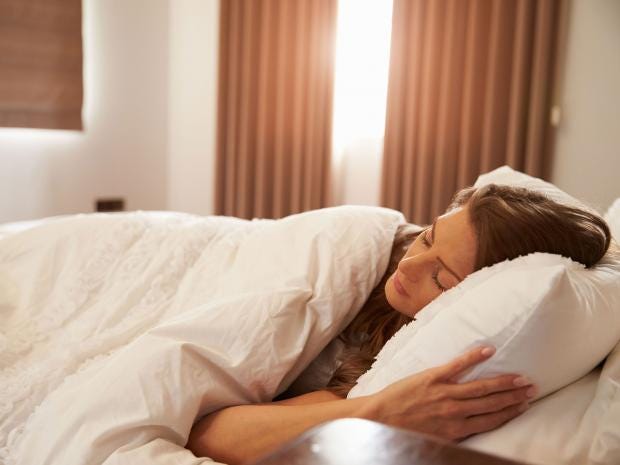The use of wearable digital health monitors that measure itch and scratch during sleep appeared useful for patients with atopic dermatitis, according to study results.
“If a person knows how much itching they’re having at night, then they can also share that with their physician or other health care practitioner, informing them of the status of their atopic dermatitis,” Donna D. (De De) Gardner, DrPH, RRT, FCCP, FAARC, director of research and evaluation at Allergy & Asthma Network, told Healio.

For the study, presented at the American College of Allergy, Asthma & Immunology Annual Scientific Meeting, researchers recruited respondents from a dermatology office and the Allergy & Asthma Network community via email between December 2020 and April 2021. Most of the participants were white women aged 35 to 50 years, Gardner said.
Participants needed to have an Apple iPhone and Apple Watch; those without the watch received one to use during the study.
Next, participants downloaded the DermaTrack (Embleema) application onto their iPhone to measure vibrations and movement in the skin and record when users scratch themselves.
The participants also completed the Dermatology Life Quality Index (DLQI) and a demographic survey, in addition to daily surveys and a final satisfaction survey.
Of the 81 participants who completed the DLQI, 53 said that their AD determined what clothes they were going to wear each day, 41 said their social activities depended on their AD status, 28 said they were hesitant to have sex with their partner because of their AD and 61 said they were embarrassed or overly conscious of their AD.
“And then 73, almost all of the participants, said that their skin was itchy, sore and painful,” said Gardner. “So atopic dermatitis does, as we know, impact quality of life.”
Overall, 79% of the participants agreed that AD had a moderate to large effect on their life.
For 7 nights, the participants wore the Apple Watch while they slept.
Data from the app showed patients experienced a maximum of 32 minutes of itching a night, indicating scratch from AD impacts sleep as well, Gardner said.
“If you could imagine itching constantly for 32 minutes, that’s painful and is going to interrupt your sleep,” Gardner said. “These people are not sleeping at night, and their quality of life is poor.”
The app’s dashboard then let participants review these data and share it with their physicians. Although 89% of the participants agreed that the information was useful, only 53% said it would enable them to better discuss their AD with their physician, and even fewer said they would do so.
“The sad thing is that even though people were informed, only a third of them said they would actually have the conversation,” Gardner said. “That tells you that they are hesitant to have the conversation with their health care provider about the status of their atopic dermatitis.”
